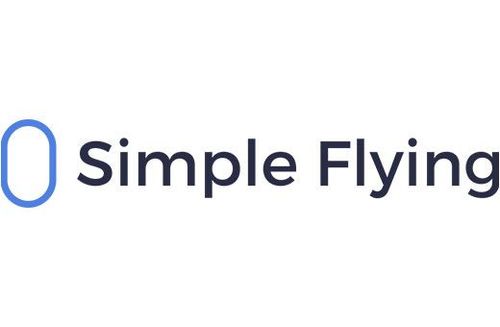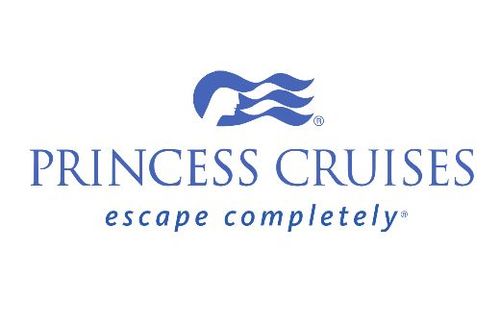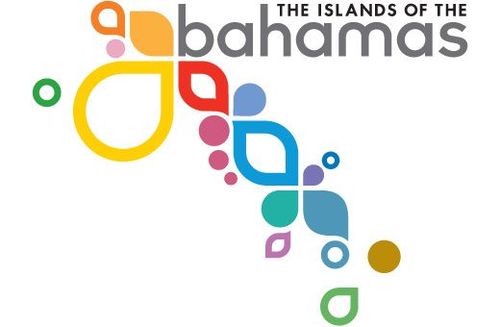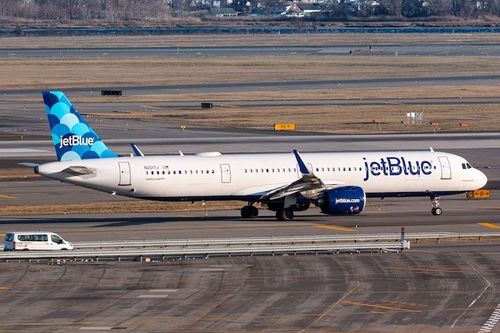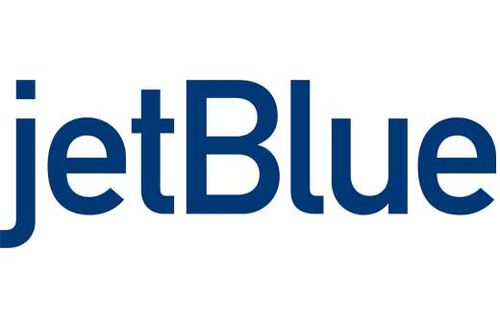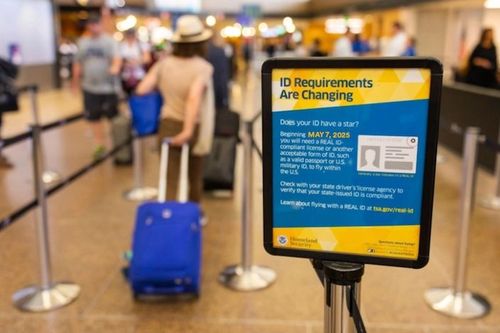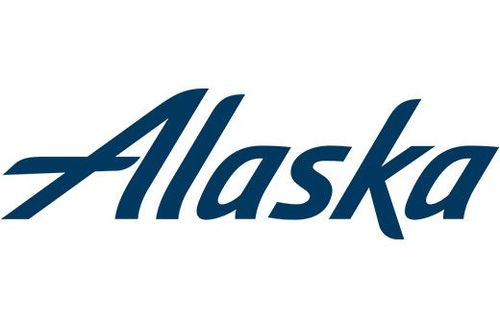Where travel agents earn, learn and save!
News / Delta and WestJet ax Joint Venture plans over LaGuardia slots
Delta and WestJet ax JV plans
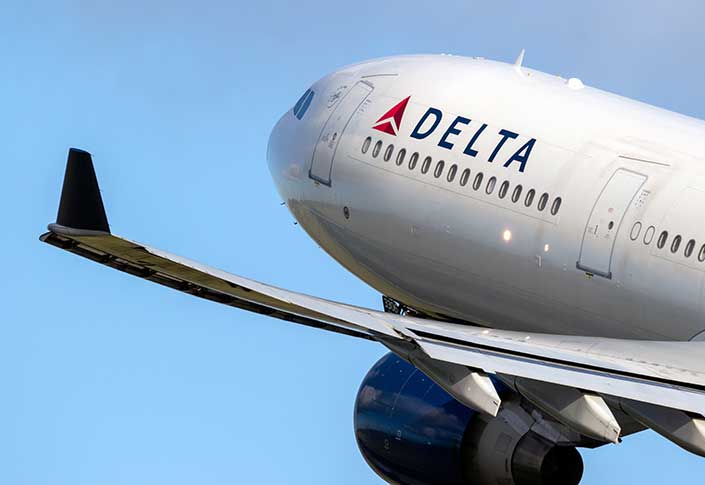
November 23 - Delta Air Lines and WestJet have decided to scrap their plans for a joint venture (JV). This comes after the United States Department of Transportation (DOT) sought to have the airlines give up some slots at New York’s LaGuardia Airport (LGA), a move the two airlines called “draconian.” As a heavily slot-controlled airport, giving up slots at LaGuardia was an undesirable requirement from the DOT, leading the two carriers to drop their plans.
Delta and WestJet ax JV plans
Delta and WestJet withdrew their application for antitrust immunity on Friday, November 20th, after the DOT asked the two airlines to give up slots at New York’s LaGuardia Airport. In a harsh rebuke of the DOT, the two airlines outlined what they deemed as an unfair set of conditions to receive joint venture approval.
Delta and WestJet had pursued the joint venture in part because of the Air Canada and United Airlines tie-up. The Star Alliance carriers have a dominant position in the market, reaching over 8,100 US-Canada city pairs, which is far greater than the Delta/WestJet network.
Delta and WestJet had also highlighted the strength of their complementary route networks. The two airlines did not compete on any route. The only way the two compete on any routes is if you consider all three New York City airports as one market, in which case Delta flies between New York and Toronto, but out of John F. Kennedy International Airport (JFK) and not LGA.
LaGuardia slots were the center of the dispute
The DOT previously stated it had wanted a divestiture of 100% of WestJet’s slot portfolio at LaGuardia. Either WestJet would have to give up all eight slot pairs, or Delta would have to go and get rid of another eight slot pairs from its portfolio. Both carriers were unhappy with this.
Delta and WestJet do not compete directly on any routes out of LaGuardia. WestJet flies to Toronto, and Delta does not. Delta and WestJet outlined concerns that the New York-Toronto route would see reduced capacity with either WestJet pulling out, or else WestJet continuing to serve the route while Delta would have to cut service to small and medium-sized communities out of LaGuardia. Neither of these options appealed to either carrier.
Delta also took aim at the DOT’s statement that the lack of slot divestiture would “exacerbate Delta’s dominance at LGA.” Let alone the fact that Delta has no control over how WestJet uses the LGA routes, the airline only has a market share of 45% out of LGA– which is far below what many other airlines have at their respective hubs, including United at Newark Liberty (EWR), which is another New York-area airport.
Delta went out and provided statistics for other hubs. For example, United’s 49% share in San Francisco, 53% share in Denver, 82% share in Houston, and nearly 70% share of Newark operations. Meanwhile, American Airlines has a 57% share out of Washington-National, 86% share out of Dallas/Fort Worth, 90% share in Charlotte, and a 74% share in Miami. Meanwhile, Southwest has a 92% share at gate-restricted Dallas Love Field.
An OAG report cited by Delta found that, during the 12 months ending in October 2019, Delta only operated 28% of flights to and from the New York metropolitan area as a whole. All this is on top of Delta’s major multi-billion dollar investment in LaGuardia.
Delta also stated the following in its filing: “The loss of these slots would deprive the Joint Applicants of critical operating rights at one of the most important strategic hubs in Delta’s global network at a time when Delta is investing billions of dollars of its own capital in a comprehensive facilities improvement project at this airport.”
Delta and WestJet’s other concern was that the sale of these slots could be far below their long-term economic value, given how they would be sold in the midst of an ongoing crisis. Also, decrying the requirement to divest these slots, the airlines noted that the slots would probably be used for domestic routes and not services between LaGuardia and Canada.
Removing LCC Swoop from the joint venture
Delta and WestJet aimed at the DOT considering Swoop to be separate from WestJet and out of the joint venture. The airlines were quick to point to Air Canada’s Rouge subsidiary being included in the United and Air Canada tie-up.
Delta and WestJet sought to use Swoop to target price-sensitive leisure travelers between the United States and Canada. Swoop would not be a major participant, but rather maximize synergies in the combined joint venture network to maximize Swoop’s success in transborder markets.
Swoop does not even offer connections, so its only role in the Delta and WestJet joint venture would be to take advantage of the data and synergies the two mainline airlines see and let Swoop cover the price-sensitive leisure market.
Requiring WestJet to interline with other US airlines
Aside from United Airlines, the DOT further proposed that WestJet would interline upon request for any US airline. Essentially, WestJet would be open for interlining, that is, through-ticketing and baggage handling, for any other airline in the United States looking for a transborder partner.
WestJet and Delta argued that this would come at a huge cost to WestJet, which would have to set up and maintain the interlining relationships when there may be systems incompatibility and other complexities.
So, what comes next?
For now, Delta and WestJet have called off their joint venture plans. However, that does not mean the end of the airlines cooperating through codeshare and reciprocal frequent flier agreements. However, this cooperation is on a far less intense scale than a joint venture and would not get close to what United and Air Canada have in the transborder market.
Delta and WestJet can apply again later and hope that the DOT might be a little more lenient and accept the joint venture without requiring some of these conditions. This, however, could take a few years. Which means, for now, Air Canada and United will continue to remain the dominant force on the US transborder market.
It also shows that, for Delta and WestJet, these LaGuardia slots are a lot more important for the carriers than the overall joint venture.
More Travel News:
Update on WestJet Delta Joint Venture
Recognized for Loyalty Innovation, AAdvantage Program wins the First Editors’ Choice Award in 2020 The Points Guy Awards
Return of the Boeing 737 MAX to service
Book with Confidence during G Adventures’ Cyber Sale (and beyond)!



